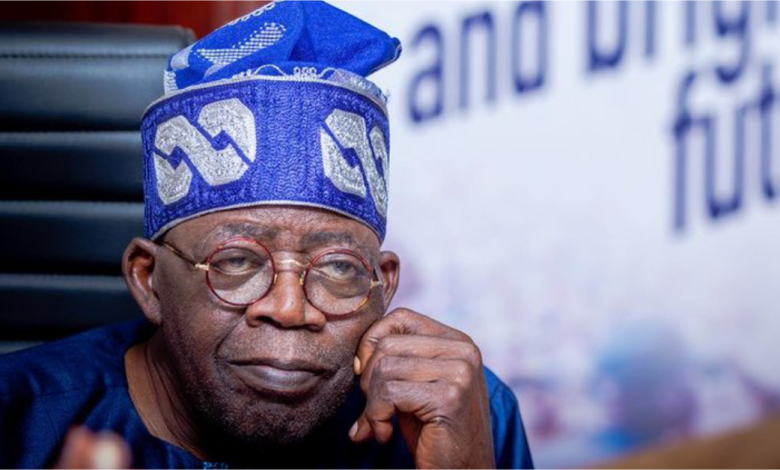
The United States House of Representatives Subcommittee on Africa will hold a public hearing on Thursday, November 20, 2025, to scrutinise President Donald Trump’s decision to redesignate Nigeria as a Country of Particular Concern (CPC) over alleged religious freedom violations.
The session, slated for 11 a.m. in Room 2172 of the Rayburn House Office Building and streamed live online, will be chaired by Rep. Chris Smith (R-NJ), a long-time advocate on global religious liberty issues.
According to an invitation issued to members of the House Committee on Foreign Affairs, the hearing will convene two panels. The first panel will feature senior officials from the US Department of State, including Jonathan Pratt, the Senior Bureau Official for African Affairs, and Jacob McGee, Deputy Assistant Secretary in the Bureau of Democracy, Human Rights, and Labor.
A second panel will include prominent voices from religious and policy organisations, among them the Director of the Centre for Religious Freedom, Ms. Nina Shea; Bishop Wilfred Anagbe of the Makurdi Catholic Diocese; and Ms. Oge Onubogu of the Centre for Strategic and International Studies (CSIS).
The review will assess the scale of religious persecution in Nigeria and explore possible US responses, ranging from targeted sanctions to humanitarian assistance and increased cooperation with Nigerian authorities.
Trump’s Hardline Position
President Trump reignited debate on October 31, 2025, when he returned Nigeria to the CPC list, a designation that paves the way for sweeping punitive measures against foreign officials implicated in religious repression. In a strongly worded statement the following day, he alleged that Christians in Nigeria were facing an “existential threat,” claiming thousands had been killed by Islamist extremists.
“If the Nigerian Government continues to allow the killing of Christians, the USA will immediately stop all aid and assistance to Nigeria,” Trump warned. “We may very well go into that country ‘guns-a-blazing’ to completely wipe out the terrorists committing these atrocities.”
He also directed the US “Department of War” to prepare for possible intervention, saying any strike would be “fast, vicious, and sweet.”
Tinubu Rejects US Claims
President Bola Tinubu pushed back sharply, rejecting Trump’s portrayal of Nigeria as a country hostile to religious freedom.
In a statement issued on his X handle, Tinubu said the characterisation “does not reflect our national reality,” insisting that Nigeria remains committed to constitutional protections of religious liberty.
“Religious freedom and tolerance have been a core tenet of our collective identity,” he said, stressing that the administration opposes any form of persecution.
Background to the Rising Tensions
Nigeria’s CPC designation has reignited global focus on years of violent attacks against Christian communities, including killings by extremist groups, mass kidnappings, and the destruction of churches in northern and central states.
Senator Ted Cruz has sponsored a companion bill in the US Senate to solidify the designation.
Bishop Anagbe, one of the upcoming witnesses, has been outspoken about insecurity in his diocese. Addressing UK parliamentarians in March 2025, he detailed sustained attacks on Christian communities in Benue State, describing how displaced families had fled to IDP camps after their villages were overrun by Islamist militants and armed herders.
Republican Lawmakers Intensify Pressure
In a recent interview on Fox News, Rep. Riley Moore (R-WV) disclosed that congressional committees had already begun reviewing the situation in Nigeria, working closely with the State Department and the White House.
“What is going on there is horrific, these killings of brothers and sisters in Christ,” Moore said, echoing Trump’s stance.
Responding to Tinubu’s dismissal of the allegations, Moore countered that religious persecution in Nigeria is “a serious and ongoing reality,” citing blasphemy laws and cases of individuals facing the death penalty.
He also claimed that Christians in Nigeria are being killed at a ratio of “five to one” compared to Muslims, based on information gathered from congressional investigations.
Moore insisted that the US has a responsibility to intervene where necessary: “We are a Christian nation and we stand up for the persecuted. The CPC designation unlocks different tools, sanctions, withholding development funds, restricting financing. And yes, military options remain on the table.”

